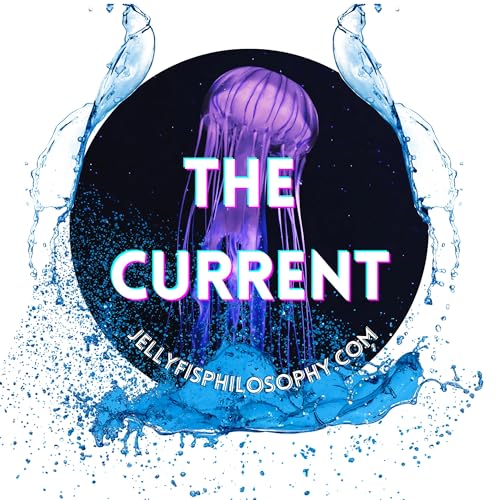
S01E09 - Historical Epistemic Crises: What We Can Learn from the Past
カートのアイテムが多すぎます
カートに追加できませんでした。
ウィッシュリストに追加できませんでした。
ほしい物リストの削除に失敗しました。
ポッドキャストのフォローに失敗しました
ポッドキャストのフォロー解除に失敗しました
-
ナレーター:
-
著者:
このコンテンツについて
You think this is the first time humanity has panicked about information chaos?
In 1938, Americans thought Martians were invading Earth—because of a radio broadcast. In 1517, a monk with a printing press triggered religious wars across Europe. In 1960, how two men LOOKED on television changed who became president.
Every major communication revolution has created the exact chaos you're experiencing right now. And every single time, we survived.
In This Episode:
Join Jon on an energetic journey through four major information crises in human history. This isn't heavy philosophy—it's storytelling with purpose. Each crisis reveals the same pattern: disruption, chaos, panic, adaptation, and ultimately, survival.
Discover how societies adapted when:
- The printing press democratized information and destroyed the church's monopoly on truth
- Radio broadcasts couldn't be distinguished from reality
- Television made image matter more than substance
- The internet and social media created infinite competing realities
The Four Crises Explored:
- The Printing Press (1450s-1600s) - How mass-produced books led to religious wars, then the Enlightenment
- War of the Worlds Panic (1938) - When radio was too new for people to tell fiction from news
- Television Era (1960s-1970s) - How moving images changed politics and trust forever
- Viral Hoax Era (1990s-2020s) - From chain emails to "fake news," and where we are now
The Pattern (Repeated Every Time):
- Stage 1: New technology democratizes information
- Stage 2: Old gatekeepers lose control, everything feels unreliable
- Stage 3: Society fractures, panic sets in
- Stage 4: New literacy develops, standards emerge
- Stage 5: Stability returns, crisis becomes history
Key Insights:
"We are currently somewhere between Stage 3 and Stage 4. And that's actually good news—because we know what comes next."
"The printing press crisis lasted over a century. Radio and television took decades. The internet is maybe 30 years old. We're still early in the adaptation phase."
"Every medium eventually develops credibility markers, ethical guidelines, and evaluation frameworks. We're currently in that trial and error phase."
Six Historical Lessons:
- Chaos is normal during information transitions
- Adaptation takes time (decades, not years)
- Literacy is learned, not innate
- Standards emerge through collective trial and error
- We don't go back, we move forward
- The crisis feels permanent until it doesn't
This Week's Homework:The Historical Hope Exercise - Research one past information crisis and see how convinced people were that civilization was ending. Then look at what actually happened. Find three things that give you hope.
Resources and historical timelines at jellyfishphilosophy.com
Why This Matters:
After four weeks of exploring why our current information environment feels overwhelming, this episode offers something rare: perspective and hope. Not false optimism, but historical evidence that humanity navigates information chaos and comes out stronger.
If you're feeling overwhelmed, cynical, or worried we won't survive this—this episode is medicine.
Next Monday: We reflect on everything we've learned in Pillar 1. Then Wednesday, we synthesize it all into your personal epistemic framework before moving to Pillar 2.
The Current podcast - Navigate information chaos without losing your mind. New episodes Monday and Wednesday. Based on The Jellyfish Philosophy by Jon Sanchez.


